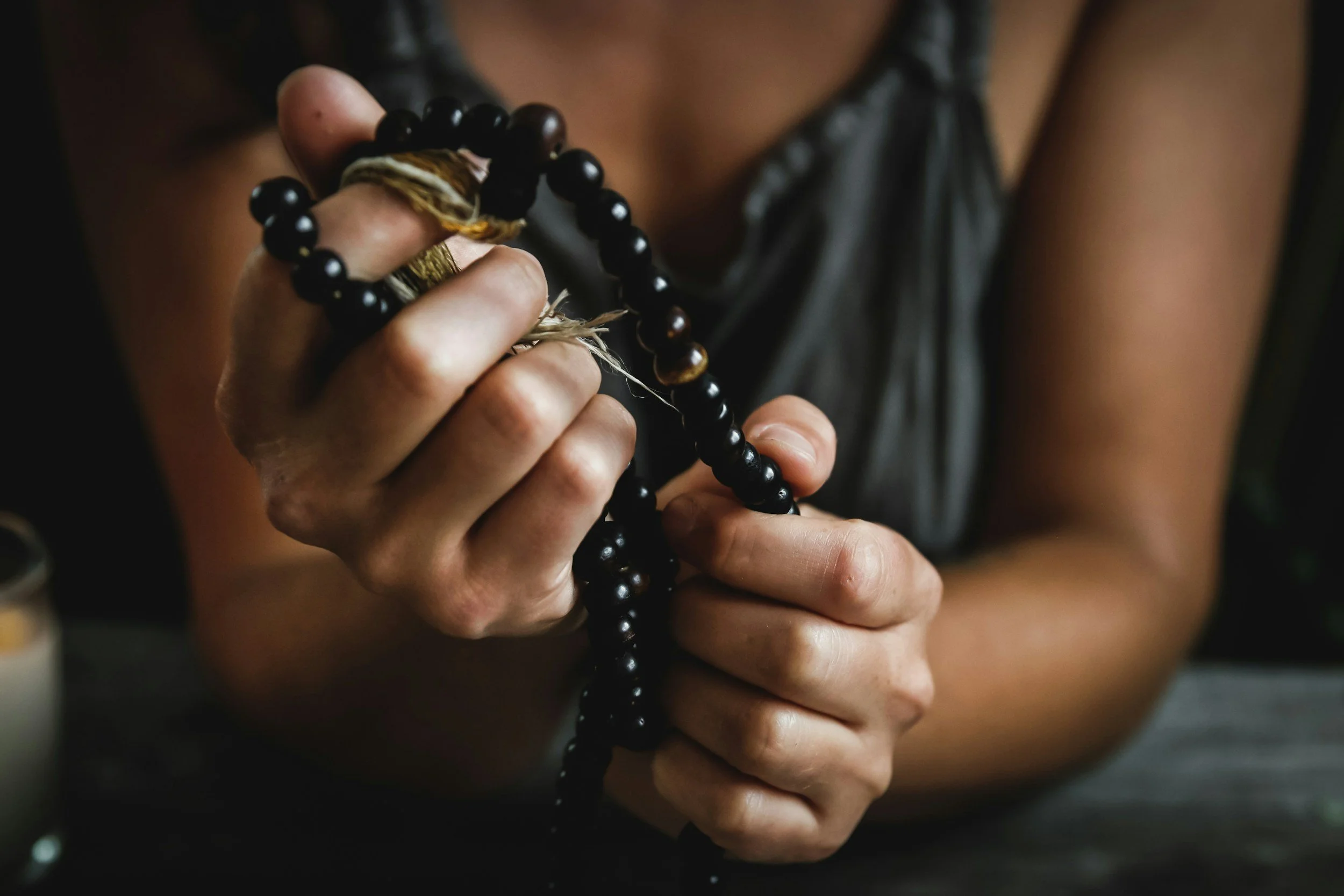8 Tips for Embodied Parenting
On my journey of embodiment and self-growth, I have learned so much that relates to and informs my parenting. Some of it I was already intuitively doing, not realizing it was embodied parenting. Some of it I have learned through my own experience of living in a more embodied way.
So much of our disconnection from our bodies starts in our childhood
We are taught and modeled body disconnection by our family systems and our culture more generally. This is not about blaming our parents; they did the best they could with the resources they had available. It is about claiming our own power to look deeper into our patterns, beliefs, and behaviors, understanding where they came from so that we can integrate and release their hold on us.
Reading this might be uncomfortable if you haven’t parented this way. I invite you to take what feels right for you and leave the rest. You are the best parent for your own child, and your own lived experience trumps anything you read online.
This isn’t about heaping guilt on ourselves for our own parenting.
We can’t harshly judge our past choices and decisions from this future vantage point. We have more knowledge and experience right now than we did in that moment in the past. Even if we knew at the time, or soon after, that we weren’t making good choices, we have to understand that we were doing the best we could with the resources we had. We may have been triggered, or our nervous systems may have been overwhelmed, meaning we had fewer resources available to do what we might now see as “the right thing.”
Sometimes this feeling of guilt or regret can show us where we have healing and integration to do. Where we might have our own wounding or patterns below the surface that want to be loved back into wholeness. In this way, it can be seen as an opportunity for growth instead of something we beat ourselves up over.
And it is NEVER too late to start relating to our children in an embodied way.
It doesn’t matter what we did or didn’t do up to this point. We can start now and create a more embodied experience for yourself and for our kids. Our brains are able to be rewired at any point, and science shows this as well – we can develop new neural pathways at any age.
I also want to be clear that I’m not a perfect parent. I still struggle with many of these things myself! I’m someone walking the path alongside you, learning and growing as I go, just like you. I just happen to have a lot of knowledge about embodiment that can be a really helpful lens to view parenting through.
With that said, here are my top 8 tips for embodied parenting.
1. Become more embodied yourself.
This is the most important point! If you take only one thing from this article, let it be this. Your own journey of embodiment models to them how to be in this world. If you are shut down to your emotions, if you have a lot of body shame, if you are disconnected from your body, you will model those things to them. It doesn’t matter how much you tell your daughter to love and be proud of her body if she sees you in the mirror going “ugh, my thighs!” It doesn’t matter what you say to your son about consent if you model rigidly overriding boundaries to him. Becoming more embodied, gaining access to more of your own felt senses and your own bodily experience, models embodiment to them. Let them see you crying and feeling deeply. Let them see your healthy expression of anger (I’m feeling so angry right now, I need to take a minute!) Show them your sensual enjoyment of life. Embody healthy consent and boundaries.
2. Being more embodied makes you more sensitive to them and deepens your connection.
If you can’t fully feel yourself, you can’t feel other people. The first step in deepening your connection to your child is developing more sensitivity to your own self. When you have more sensitivity, you can respond better to what the moment calls for. You can feel into their needs, whether it’s a hug or some quiet, or a dance party.
3. Becoming more sensitive means you have and can model better boundaries.
When you become more sensitive, you can feel your own yes and no better. Often in parenting we let something poke and poke at us until we explode “I can’t take this anymore!!”
As you become more sensitive, when something is not working for you, you can feel it faster and can enforce boundaries from your embodied truth with an open heart well before it reaches the level of explosion. Children can also sense when your boundaries are not clear and will push back to test them much more than when your boundaries come from a place of depth and clarity.
4. Embodied parenting means honoring THEIR yes and no.
Not only do we model boundaries to our children by how we hold them for ourselves, we also teach them by how we respond when they say yes and no. Growing up is a process of becoming an independent individual, with our own identity separate from our parents. As you well know if you are a parent, many stages of development are characterized by our children asserting their independence through their “no” (terrible two’s and the teenage years anyone?!). There’s a really common idea in our culture – which many of us experienced as children – that “you can’t let them get away with that behavior;” you have to assert your authority or they will learn they can walk all over you. It’s certainly true that if you collapse in the face of their assertive NO, it’s not productive or helpful to them. In fact this can be dysregulating for children, whose nervous systems will feel very chaotic without any structure or guidance. But on the other hand, if you are very rigid and authoritarian, it can also teach them that their no doesn’t matter; it’s not ok or acceptable for them to say no. Embodied parenting invites us to consider where we can allow our children to safely and appropriately assert their no’s, and where negotiation might be possible. And when we can’t honor their no, we can acknowledge, accept, and validate their feelings, while still holding our own boundaries. “I understand you didn’t want to do that, and I know it’s really upsetting for you. And we still have to do it anyway.”
5. Acknowledge and welcome their emotional expression.
This is a fast track to our own healing if we are open to it. Quite often as parents we will get triggered by our children’s intense emotions and want to clamp down. We want it to stop. We feel our anxiety and blood pressure rising (which, incidentally, makes us less able to respond in a productive way). Our children’s intense emotions can point us to what healing and integration we still need to explore on our own embodiment journey. In this way, we can become more resourced so we can re-center ourselves in a tense moment. When we don’t allow our children’s emotional expression, we teach them to become disconnected from their bodies. When they get hurt, if we tell them “stop crying, you’re a big boy,” we teach them it’s not ok for them to cry. If they have a tantrum and we put them in their rooms alone we teach them it’s not safe to have intense emotions because it separates them from the “village.” To a child, losing the love and care of a parent occurs as a life or death situation to their nervous system. They aren’t conscious enough to have these thoughts, but it registers in their nervous system as: if this powerful being doesn’t love me, they might not care for me and I can’t survive without their care. If we make them “wrong” for having big feelings when they are little, they won’t be able to open up to us when they are overwhelmed teenagers.
6. Model and prioritize consent.
Acknowledge their bodily autonomy from birth. Teach them about consent by honoring their ownership of their own bodies. Respect their body sovereignty. Welcome their desire not to be hugged or tickled. Never force them to kiss grandpa if they don’t want to. This is how they learn to respect and listen to themselves. For so many of us as children our feelings and voices and intuition were disrespected. We are carrying generations of this dishonoring. We break this pattern by honoring what our children want or do not want in regards to their own bodies. This is the foundation of personal sovereignty and healthy relationships based on truth and self-respect.
7. Embody the things you want for them in this life.
If you want them to be joyful, how can you more fully embody joy? If you want them to be curious, how can you embody curiosity? It sounds simple but it’s a lifelong devotion to creating the experience of life we deeply desire.
8. Don’t strive for perfection.
Our children don’t need or want us to be perfect. It’s far more meaningful and productive for them to see us being human. Messing up and making things right. Trying something without knowing the answer. Being raw and real. Embodied parenting invites us to stay open to learning. Letting our kids see us learn in real time. And learning from our kids. It invites us to be receptive to changing course in response to them and their needs, and to apologize when we mess something up. It is an enormous gift to our children to show them that we are still learning and growing, and that learning and growth never stop. To honor that they have an innate wisdom in their bodies, and that even though we have been on the earth far longer, they may still have things to teach us. To model humility and compassion for ourselves having a human experience.
I’m curious to hear how this lands for you! Please leave a comment or send me an email and let me know what your biggest parenting challenges are, and if you will use any of these tips in your family life.
And if you desire deeper 1:1 support on your parenting journey, dealing with your own triggers and healing, becoming more embodied, or creating a bigger experience of your life, let’s hop on a free no-pressure call to chat about how I can support you.





















